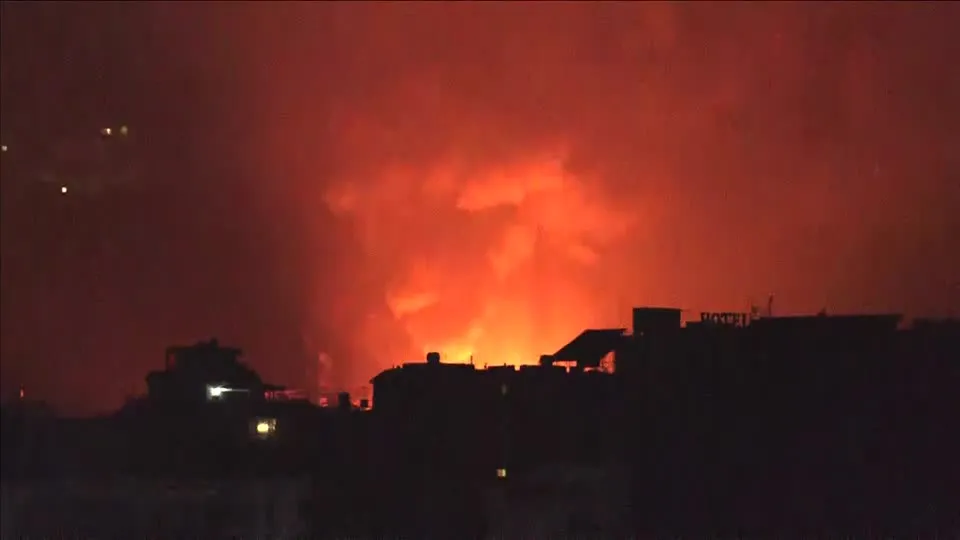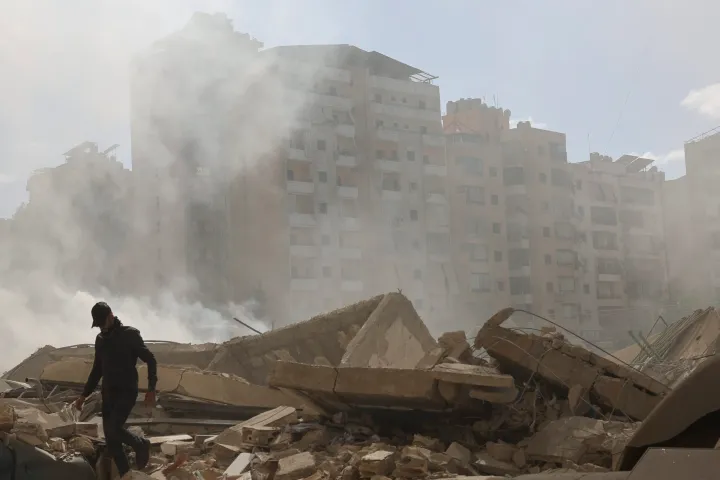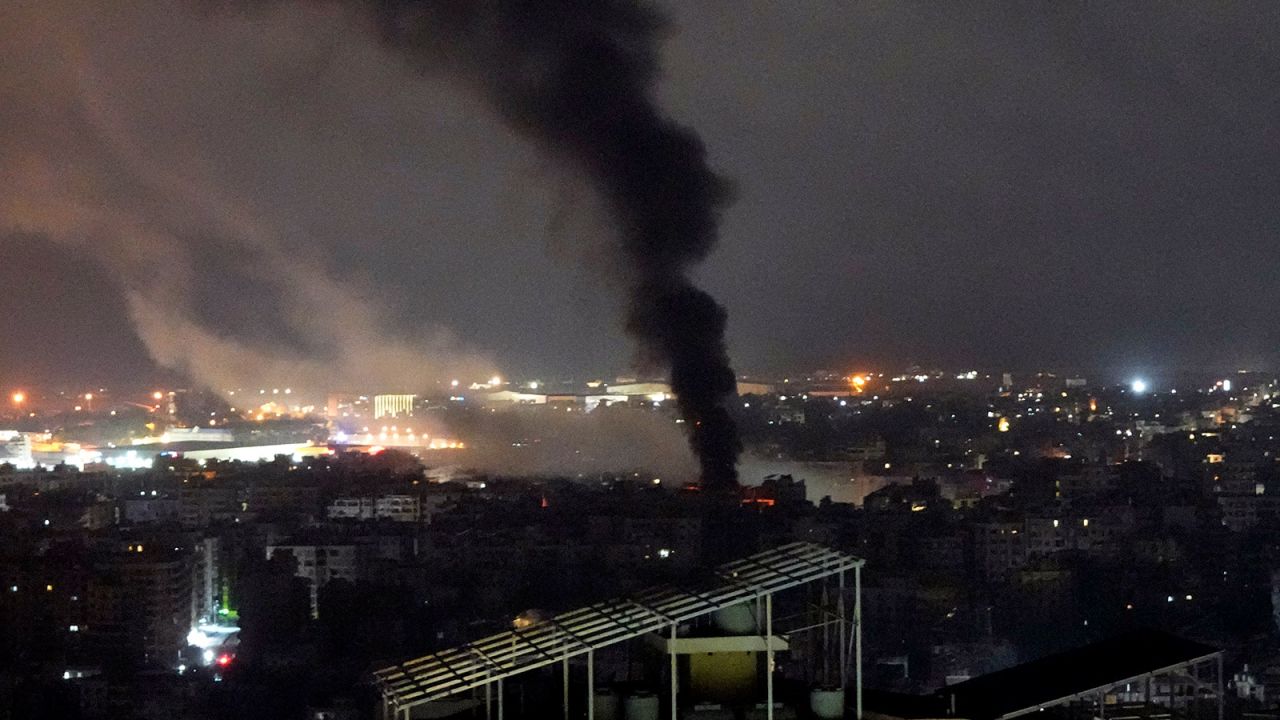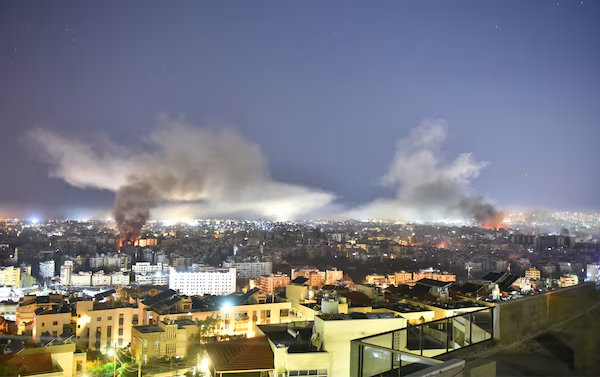On October 2, 2024, Israel airstrikes Beirut, resulting in the deaths of six individuals. This latest military action marks a significant escalation in the ongoing conflict between Israel and Hezbollah, with serious implications for regional stability.

Expanding on the Story
The airstrikes targeted what Israeli officials described as Hezbollah positions in the heart of Beirut, reflecting heightened tensions in the region. This military operation is viewed as a direct response to previous Hezbollah attacks on Israeli forces, intensifying fears of a broader conflict. Witnesses reported hearing explosions and seeing smoke rising from the affected areas, underscoring the intensity of the strikes.
Local authorities have condemned the airstrikes, calling them a violation of Lebanese sovereignty and a dangerous provocation. The casualties, which included both combatants and civilians, have prompted widespread outrage, with protests erupting in various Lebanese cities, highlighting the growing discontent among the populace.

Additional Insights
To provide a broader perspective, it’s essential to consider the historical context of the Israel-Hezbollah conflict. Since its inception in the early 1980s, this animosity has led to numerous confrontations and wars. The recent Israel airstrikes in Beirut are fueled by ongoing tensions over territorial disputes and Hezbollah’s military capabilities, which Israel perceives as a direct threat.
Regional dynamics have further complicated matters. With Iran’s backing of Hezbollah and the ongoing civil strife in neighboring Syria, any escalation can have far-reaching consequences. A study from the International Crisis Group noted that military actions in Lebanon could destabilize not only the country but also the wider Middle East, leading to increased humanitarian crises.
Relevant Statistics
Recent reports indicate that since January 2024, clashes between Israeli forces and Hezbollah have resulted in over 100 casualties on both sides. According to the United Nations, more than 1.5 million people in Lebanon are currently in need of humanitarian assistance due to the ongoing violence and economic crisis. This dire situation underscores the need for urgent international attention and intervention.
Quotes
“This act of aggression will only exacerbate the cycle of violence in the region,” stated a spokesperson for Hezbollah, reflecting the sentiments of many Lebanese officials. Additionally, a regional analyst noted, “Israel’s military strategy appears increasingly aggressive, which could provoke further retaliation and instability.”
International Reactions
The international community has reacted to the Israel airstrikes in Beirut with a mix of concern and condemnation. The United Nations called for an immediate ceasefire, emphasizing the need for dialogue and diplomacy to resolve the conflict. Meanwhile, countries such as France and Egypt have urged both sides to exercise restraint and avoid actions that could lead to further escalation.

Final Thoughts
The airstrikes in Beirut serve as a stark reminder of the fragile peace in the region. As both sides brace for potential retaliation, the situation calls for urgent diplomatic interventions to prevent further loss of life and maintain stability. The Israel airstrikes in Beirut not only highlight the immediate dangers posed by military confrontations but also raise questions about the future of Lebanon and the broader Middle East. The international community must pay close attention to these developments, as they hold the potential to reshape the geopolitical landscape in the region. Only through concerted efforts can the cycle of violence be broken and a path toward peace be established. For more informative visit our website: Reporterun.com








